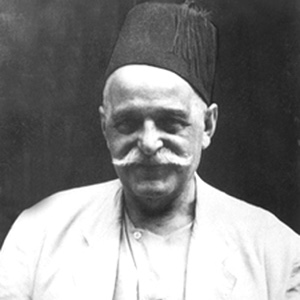When experience is complete, there is no residue — that is the beauty of life. Jiddu Krishnamurti (1895 – 1986)


When experience is complete, there is no residue — that is the beauty of life. Jiddu Krishnamurti (1895 – 1986)

There are forces in you working upon you all the time to make you awaken, to heal you, to cure you — if you can only listen to them. Maurice Nicoll (1884 – 1953)

The opposites are thieves because what you build on one is undermined by the other. Or, to put it differently, joy leads to sorrow. But whatever is built in the centre cannot be taken from you. Maurice Nicoll (1884 – 1953)

Man’s sensitivity to little things and insensitivity to the greatest things are marks of a strange disorder. Blaise Pascal (1623 – 1662)

We are surrounded by a wall built of our conceptions of the world, and are unable to look over this wall at the real world. P. D. Ouspensky (1878 – 1947)

The hidden well-spring of your soul must needs rise and run murmuring to the sea; And the treasure of your infinite depths would be revealed to your eyes. But let there be no scales to weigh your unknown treasure; And seek not the depths of your knowledge with staff or sounding line. For self is a sea boundless and measureless. […]

She followed the firefly, which, like herself, was seeking the way out. If it did not know the way, it was yet light; and, because all light is one, any light may serve to guide to more light. George MacDonald (1824 – 1905)

Everything that reaches us in the course of the day, and in the course of our whole life, is relative to us. G. I. Gurdjieff (1866 – 1949)

He is blessed over all mortals who loses no moment of the passing life in remembering the past. Henry David Thoreau (1817 – 1862)

Aye, in the grove of the temple and in the shadow of the citadel I have seen the freest among you wear their freedom as a yoke and a handcuff. And my heart bled within me; for you can only be free when even the desire of seeking freedom becomes a harness to you, and when you cease to speak […]